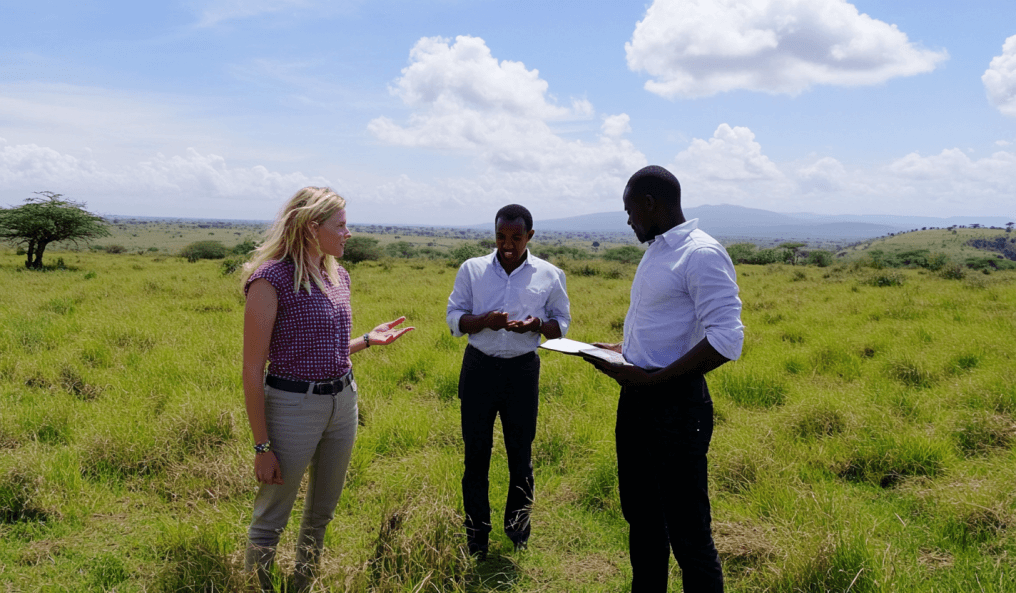Kenya’s booming real estate market offers attractive opportunities for both local and international investors. However, for foreigners, understanding the regulations and processes involved in owning land in Kenya is essential.
Table of Contents
1. Legal Framework for Foreign Land Ownership
Historically, foreigners were not allowed to own land in Kenya. However, the 2010 Constitution opened up the market, allowing non-citizens to own property under leasehold tenure. The Land Registration Act of 2012 further solidified this by permitting non-Kenyan citizens and companies to own property with some restrictions.
- Leasehold Tenure: Foreigners can only own land on a leasehold basis, with the lease period not exceeding 99 years. The government retains authority over the terms of the lease and property development.
- Ownership Structures: Foreigners can own property individually, through a trust or via a company. These options provide flexibility depending on the investor’s needs.
READ MORE: Own Land in Kenya: What Foreigners Need to Know to Buy Land
2. Types of Land Available for Foreigners
Foreign investors can own various types of land in Kenya, including residential, commercial and industrial properties. However, certain strategic areas, such as coastal or agricultural land, may require special permission from Kenyan authorities.
3. Restrictions on Foreign Land Ownership
While foreigners can own land in Kenya, there are restrictions, especially in areas of national security. For instance, purchasing beachfront or agricultural land may require a Special Gazette Notice and government approval.
Key Restrictions:
- Strategic Areas: Land in coastal regions, near borders, or in other sensitive areas may require additional permissions due to national security concerns.
- Consent to Transfer: Foreign investors must obtain a “consent to transfer” certificate from the Ministry of Lands, which confirms the government has no objections to the transaction.
READ MORE: Everything You Need to Know About Title Deeds and Land Ownership in Kenya
4. Due Diligence and the Purchase Process

Conducting due diligence is a critical step in any real estate transaction, particularly for foreign investors. Before purchasing property, it is vital to verify the title, check for any liens or encumbrances, and ensure that the land is free of disputes.
Steps:
- Title Deed Search: Request a copy of the leasehold title deed and conduct a search to verify ownership and any existing claims on the property.
- Property Survey: Conduct a survey to confirm the property boundaries and identify any potential issues.
- Legal Assistance: Engage a qualified conveyancing lawyer to guide you through the process, from drafting the sale agreement to registering the transfer.
READ MORE: Why Due Diligence is Essential in Property Transactions
5. Building Permits and Development
Foreign investors planning to develop commercial or residential properties must secure the necessary building permits from local authorities. This process can be complex, and professional guidance is recommended to ensure compliance with all legal requirements.
Examples:
- Commercial Developments: A foreign investor developing office space in Nairobi must obtain building permits and adhere to zoning regulations.
- Residential Projects: Building a residential complex requires permits that align with local planning laws.
6. Conclusion
Investing in Kenyan real estate as a foreigner is a viable and potentially lucrative opportunity. By understanding the legal framework, conducting thorough due diligence, and following the correct procedures, foreign investors can successfully navigate the Kenyan real estate market. Engaging professional advisors, such as lawyers and real estate agents, is crucial for ensuring a smooth and legally compliant transaction. With the right approach, foreign investors can tap into Kenya’s growing property market and achieve significant returns on their investments.



